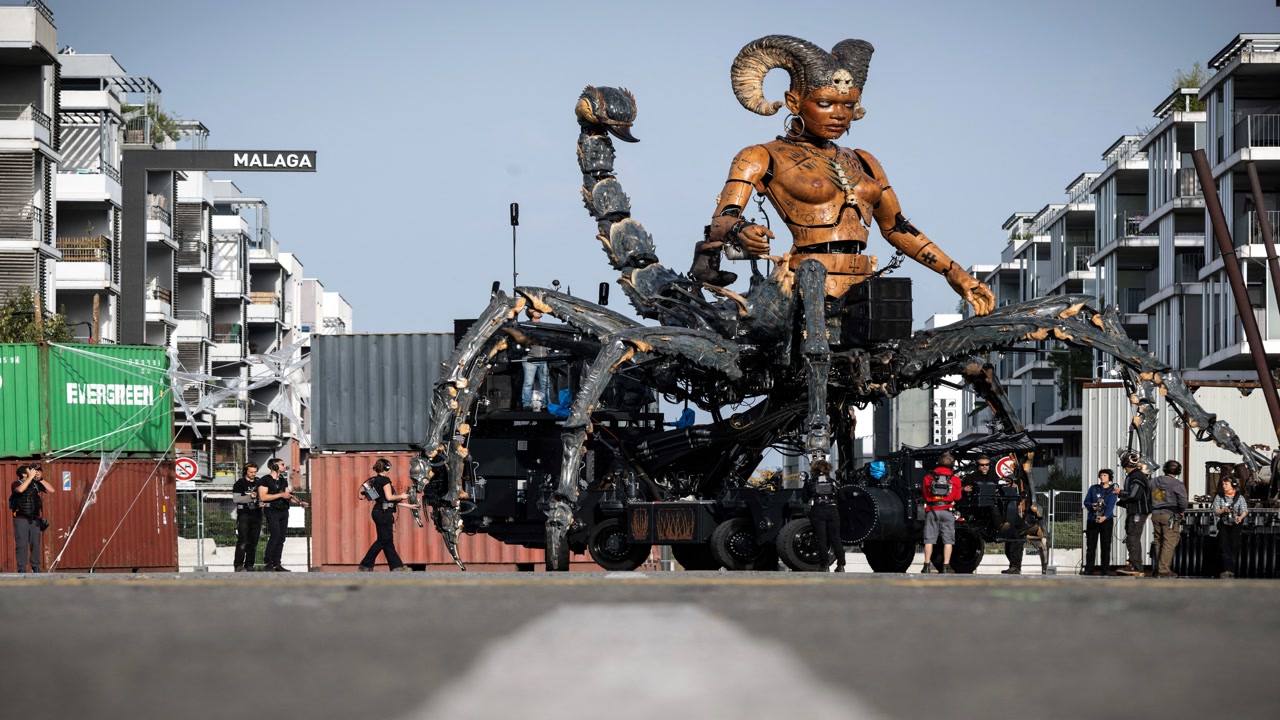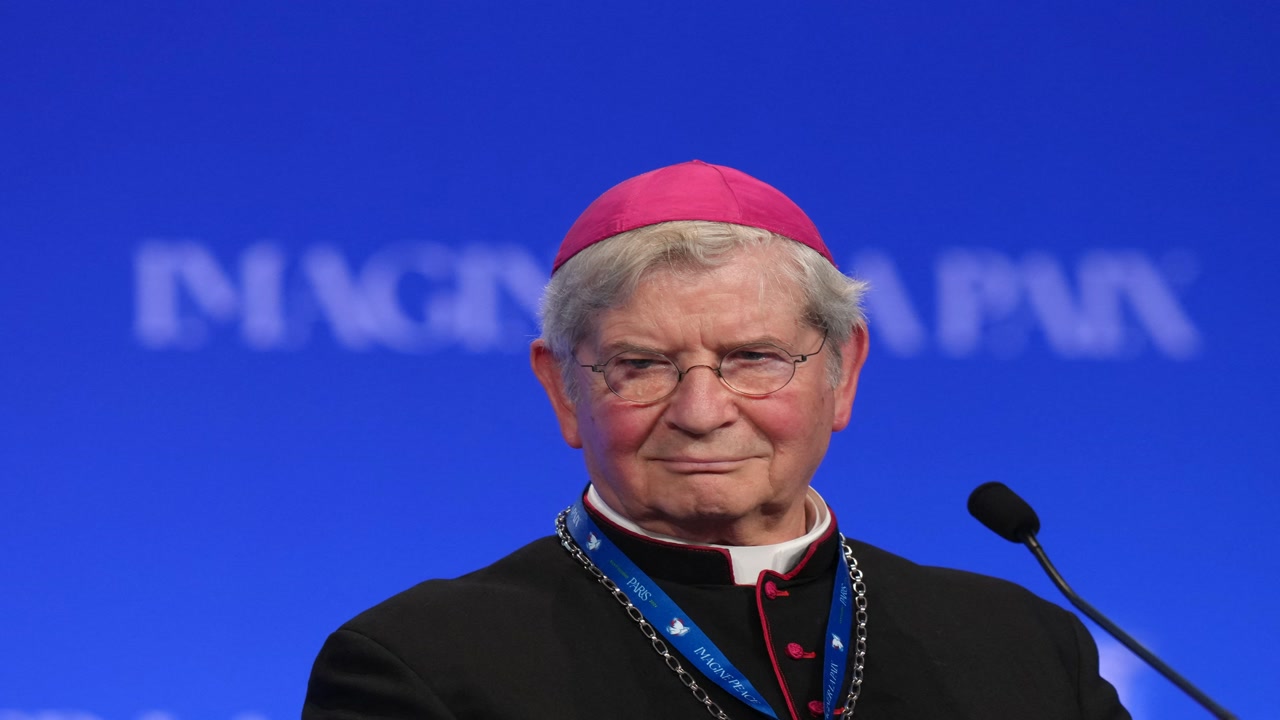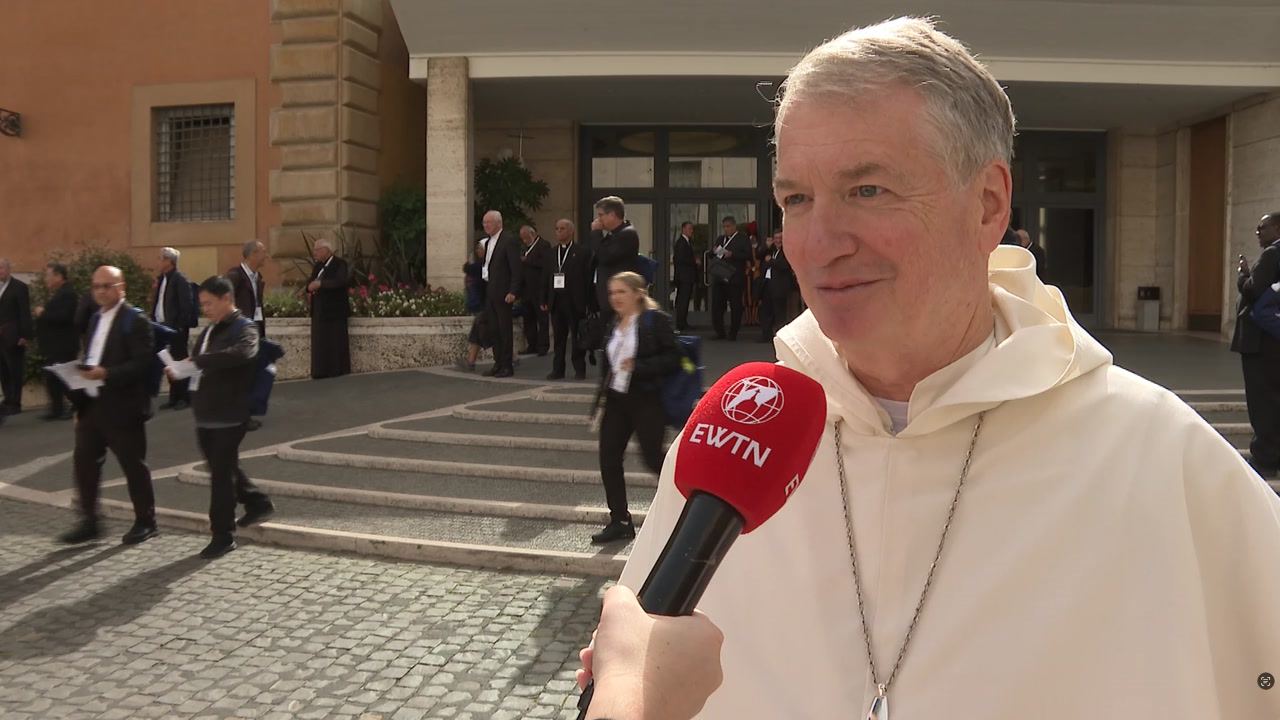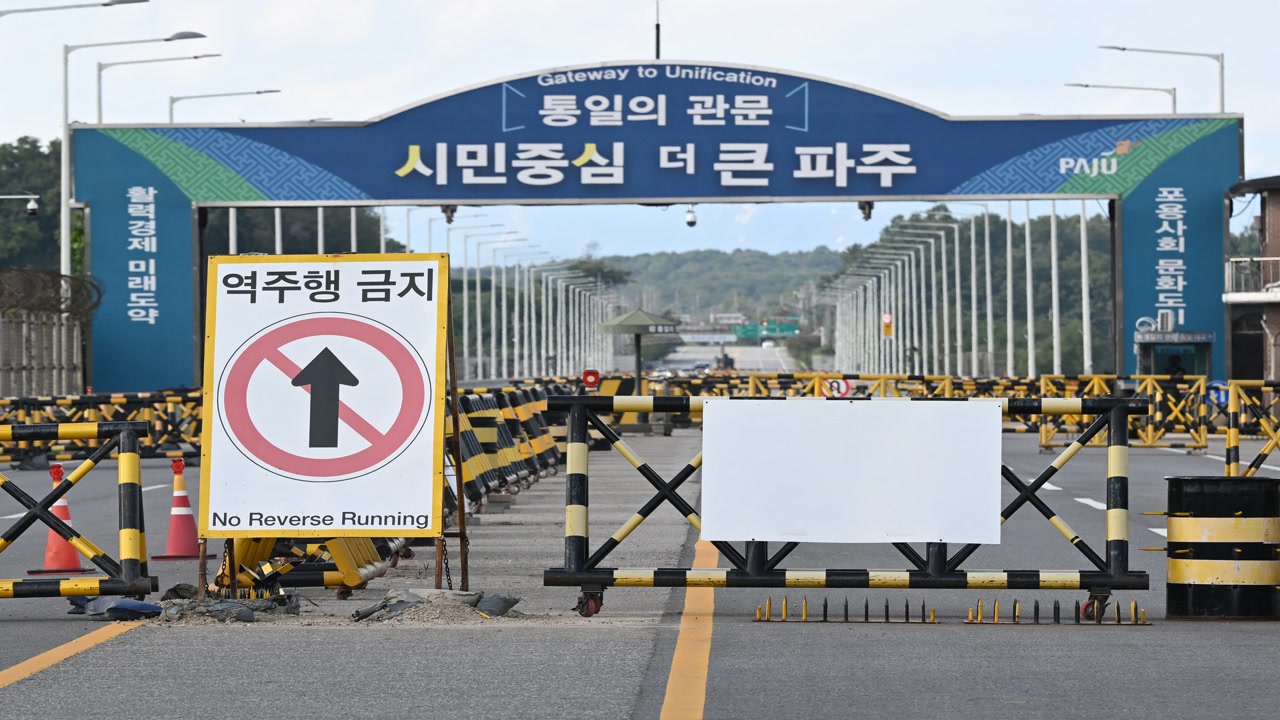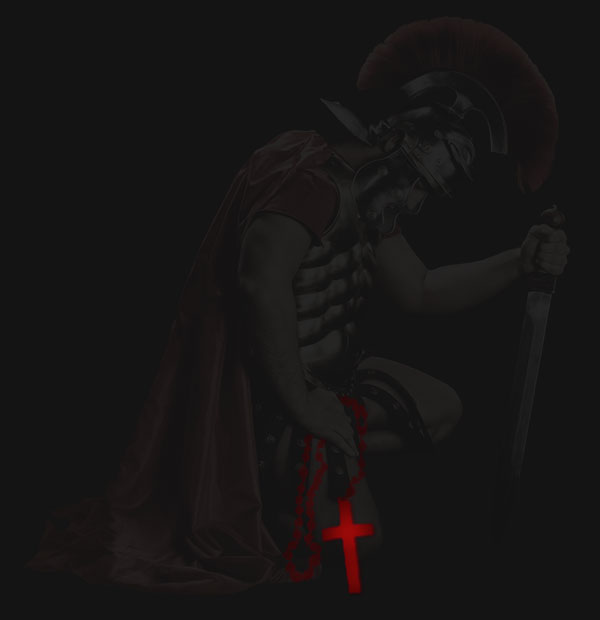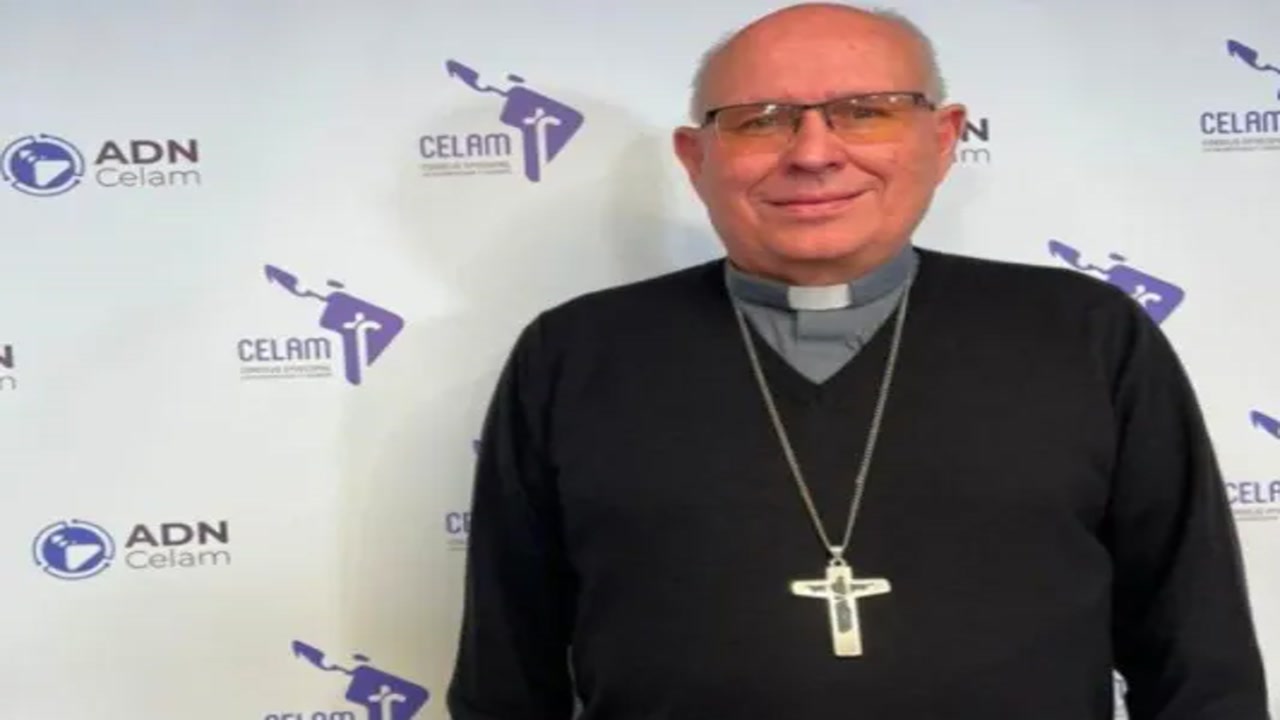
Caracas, Venezuela, Aug 27, 2024 / 15:15 pm
On Aug. 24, the new metropolitan archbishop of Caracas, Venezuela, Raúl Biord Castillo, formally took possession of the archdiocese. He succeeds Cardinal Baltazar Porras at a time when Venezuela is going through a profound crisis following the disputed results of its July 28 presidential election.
At the beginning of the ceremony, held in the Caracas cathedral, Porras highlighted the importance of apostolic succession in the country, whose most important dioceses "have witnessed the appointment of 45 bishops, by order of the popes."
In front of high-ranking officials of the socialist regime, who occupied the front rows in the cathedral, the cardinal - now archbishop emeritus - referred to the "current deterioration of ordinary life in the country" that weakens "the values of truth, justice, freedom, and respect for life, preventing a more peaceful and decent existence."
"However, it is encouraging to see the longing to live together in democracy, in harmony and fraternity, fruit of the will for social friendship, as Pope Francis tells us, and also to a large extent of the evangelizing action of the many pastoral workers who make up a fabric of authenticity throughout the entire extent of our archdiocese, and of the clear citizen awareness of being protagonists of daily activities," the prelate noted.
Referring to Biord, the 17th archbishop of Caracas, Porras prayed for him to be strong in spirit to face this new challenge. He also said that all the parishioners of the archdiocese welcome him "with joy and hope" and he entrusted his ministry to the protection of the Blessed Virgin Mary.
First words of the new archbishop of Caracas
In the presence of the capital city's clergy, notably Cardinal Diego Padrón and Archbishop Jesús González de Zárate, president of the Venezuelan Bishops' Conference, the apostolic letter sent by Pope Francis for the appointment of Biord was read and held up for to the congregation to see.
Immediately afterward, Porras placed the mitre on Biord's head, gave him the crosier, and motioned him to sit on the bishop's throne or cathedra where he had been sitting, all symbolizing the transference of authority and Biord's officially taking possession of his office as archbishop of Caracas.
In his homily, Biord stressed the need and importance of being witnesses of the truth, of the resurrection of Jesus, which, following the example of the apostles and martyrs, can even lead "to persecution and even death."
"The huge cloud of so many martyrs adorns our churches and encourages us not to give in to any power of this world and to serve the one and only Lord, our Almighty God," the archbishop declared.
On the feast day of St. Bartholomew, Biord recalled that episode of the Gospel in which Nathanael asked Philip, almost in a mocking tone: "Can anything good come out of Nazareth?" (Jn 1:43). Reflecting on this, the archbishop of Caracas continued: "God knows how to recognize the humble and, from poverty, he does great things. We too must overcome despair and affirm: 'Yes, from Nazareth and from Venezuela new things can come, wonderful people, stories that change life and fill it with meaning,'" he pointed out.
Biord thanked God and Pope Francis for his appointment and gave a historical account of the Church of Caracas, highlighting the work of his illustrious predecessors, especially the last five archbishops of Caracas, all of whom were elevated to the dignity of the cardinalate.
Finally, he fervently asked God, through the intercession of Blessed José Gregorio Hernández of Caracas, "that in this difficult hour, full of conflicts and resentments, to grant us the grace to feel and treat each other as brothers."
"May we all sincerely and conscientiously seek not our personal interests but the true good of our people and our homeland, Venezuela," Biord concluded.
This story was first published by ACI Prensa, CNA's Spanish-language news partner. It has been translated and adapted by CNA.
Article reprinted with permission.













